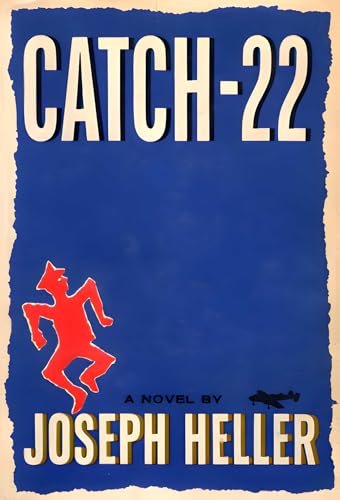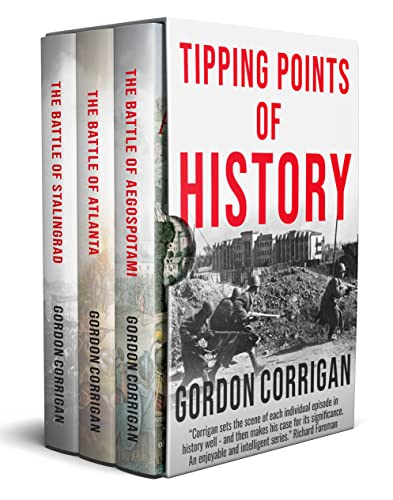‘Corrigan sets the scene of each individual episode in history well – and then makes his case for its significance. An enjoyable and intelligent series.’ Richard Foreman
The Battle of Aegospotami
The Peloponnesian War was fought between two Mediterranean superpowers. Athens, the cradle of democracy, and the military oligarchy of Sparta. The conflict lasted for 27 years from 431 – 404 BC. It was the greatest upheaval of the ancient world and ended the ‘Glory that was Greece’.
Arguably, its outcome depended on one battle, at Aegospotami in the Dardanelles, where the two sides fielded equal numbers.
Athens erred first and her fleet was destroyed. Her domination of the Aegean and Mediterranean seas ended for ever. Unable to be supplied by the sea, Athens surrendered. With Athenian fledgling democracy abolished, her empire collapsed.
A fatally weakened Greece was easy prey to the invading Macedonians. Alexander of Macedon travelled east, until his empire too fractured, and Rome became the dominant force in the Mediterranean.
The result of all this is that we are the products of a Roman world, and not a Greek one. Perhaps if the Battle of Aegospotami had gone the other way, which it very easily might have done, then Greek democracy would have survived and flourished. Rome may have been just another Greek dominated settlement and the world might have developed in a contrasting manner.
The acclaimed military historian, Gordon Corrigan, paints a picture of the ancient world to explore a tipping point in the Peloponnesian War which subsequently altered European history.
The Battle of Atlanta
1864.
The Civil War still rages on.
Lincoln is running for his second term of office.
There is war weariness in the north, riots against the draft, desertions from the army, the proclamation freeing the southern slaves is not universally approved of – and the Siege of Atlanta seems never ending.
American history was at a tipping point.
All the indications were that Lincoln’s Democrat opponent would win in a landslide, with a manifesto of an immediate end to hostilities and negotiations with the South – a two state solution.
The South did not have to win the war – only to avoid losing it. If they could hang on in Atlanta until the election, then a Democrat victory could provide a much-needed lifeline.
But the Confederacy made their greatest mistake of the war. They abandoned the policy of defend and wait and went on the offensive.
It failed.
Atlanta fell, morale in the North improved overnight, Lincoln won the election, and the Union was preserved.
The Battle of Stalingrad
June 1941. Operation Barbarossa. The German army invades the USSR. They swiftly plough through the Red Army, killing and capturing hundreds of thousands.
By the summer of 1942, the Wehrmacht are approaching the River Volga. The aim is then to turn south and take the Caspian oil fields.
There is only one thing standing in their way – the city of Stalingrad.
Stalingrad could easily have been isolated and rendered unable to interfere, and the advance to the Caspian achieved.
But Hitler, defying military advice, ordered Stalingrad to be captured. The fateful decision led to a long, bloody and unnecessary struggle which saw the deaths of 120,000 soldiers of the German 6th Army and the capture of 90,000 more.
Stalingrad was arguably the beginning of the end. The Wehrmacht were defeated on the Eastern Front – which ultimately led to Germany losing the Second World War.
Major Gordon Corrigan is a retired Gurkha officer, a member of the British Commission for Military History and Fellow of the Royal Asiatic Society.
 – Learn More
– Learn More


























